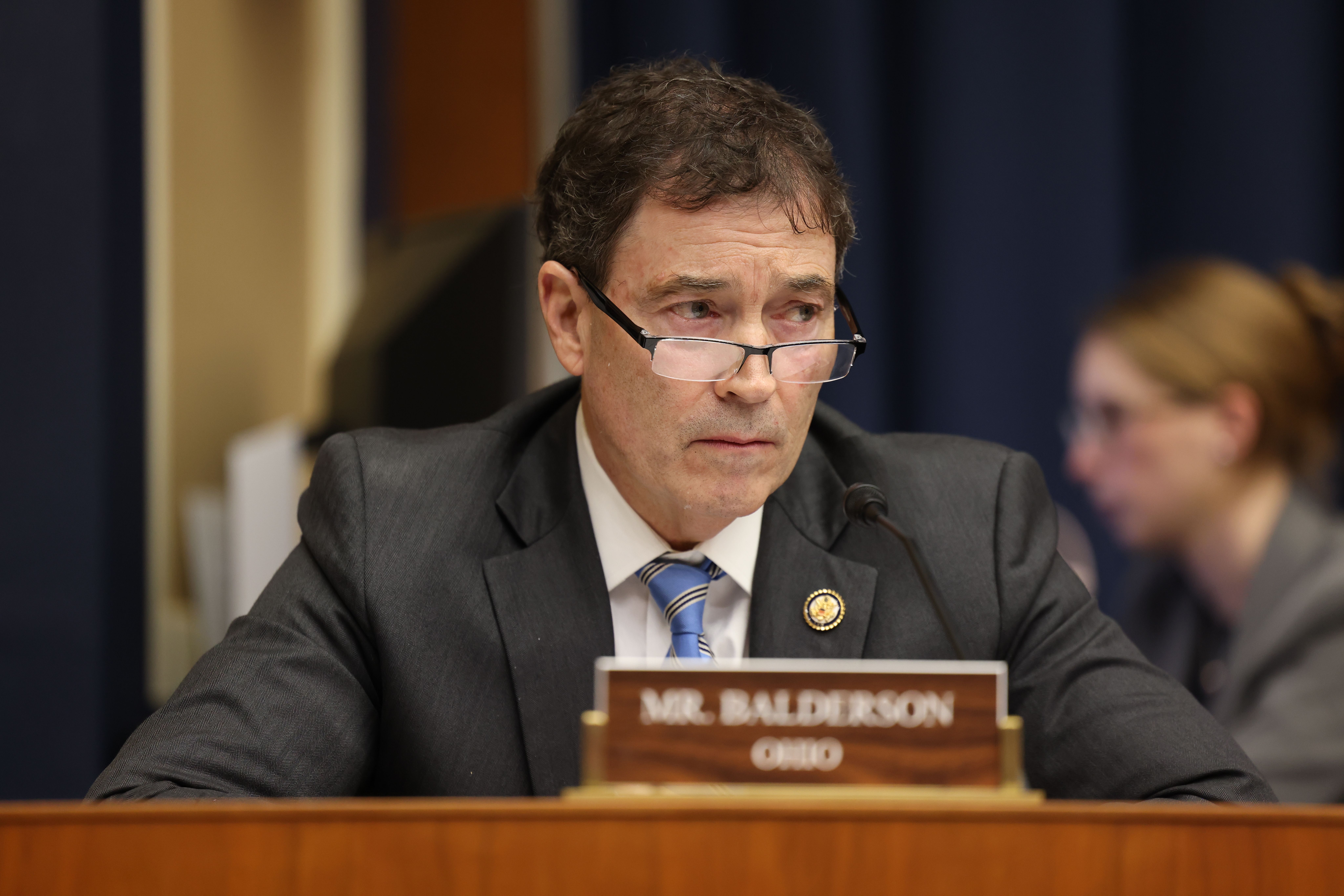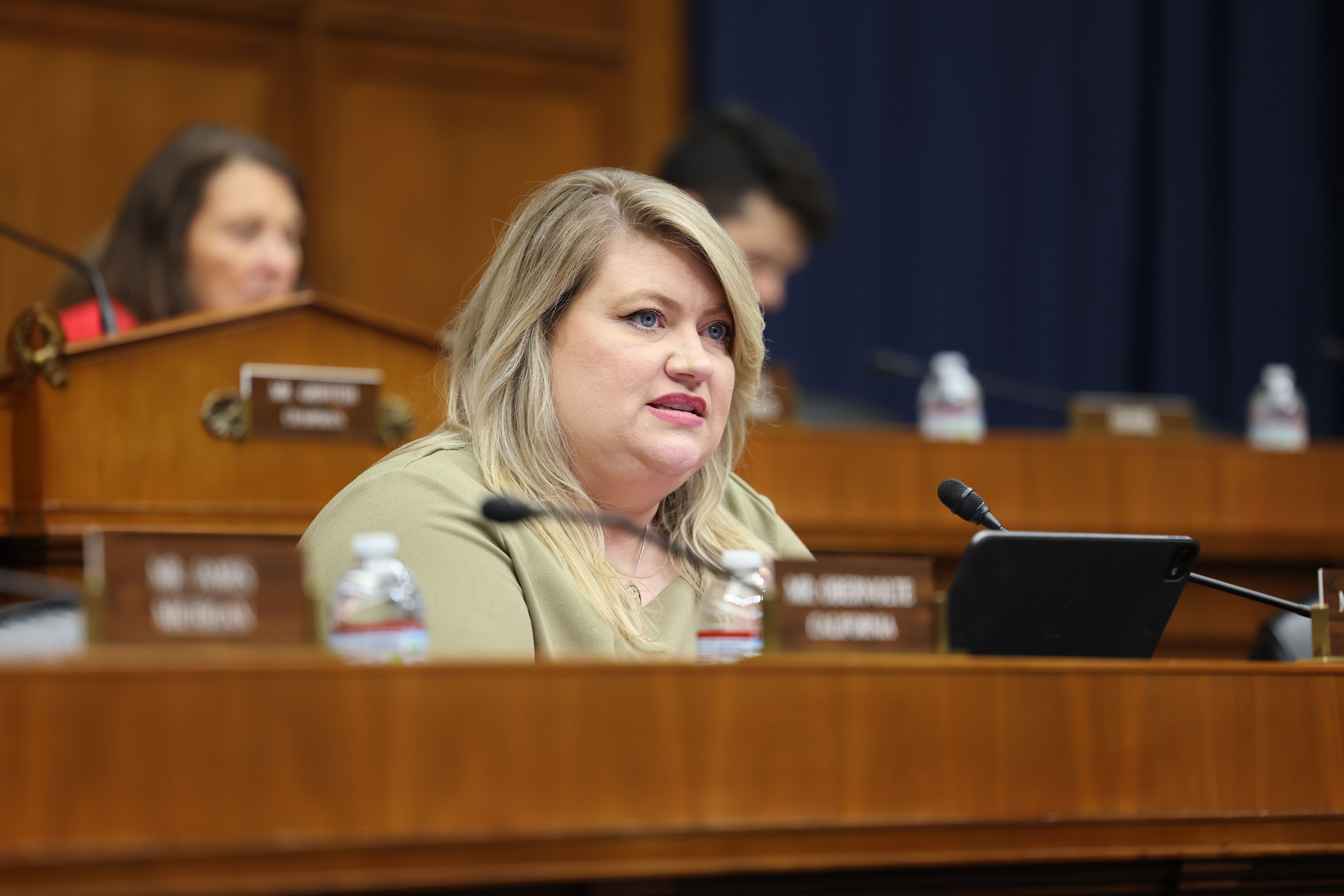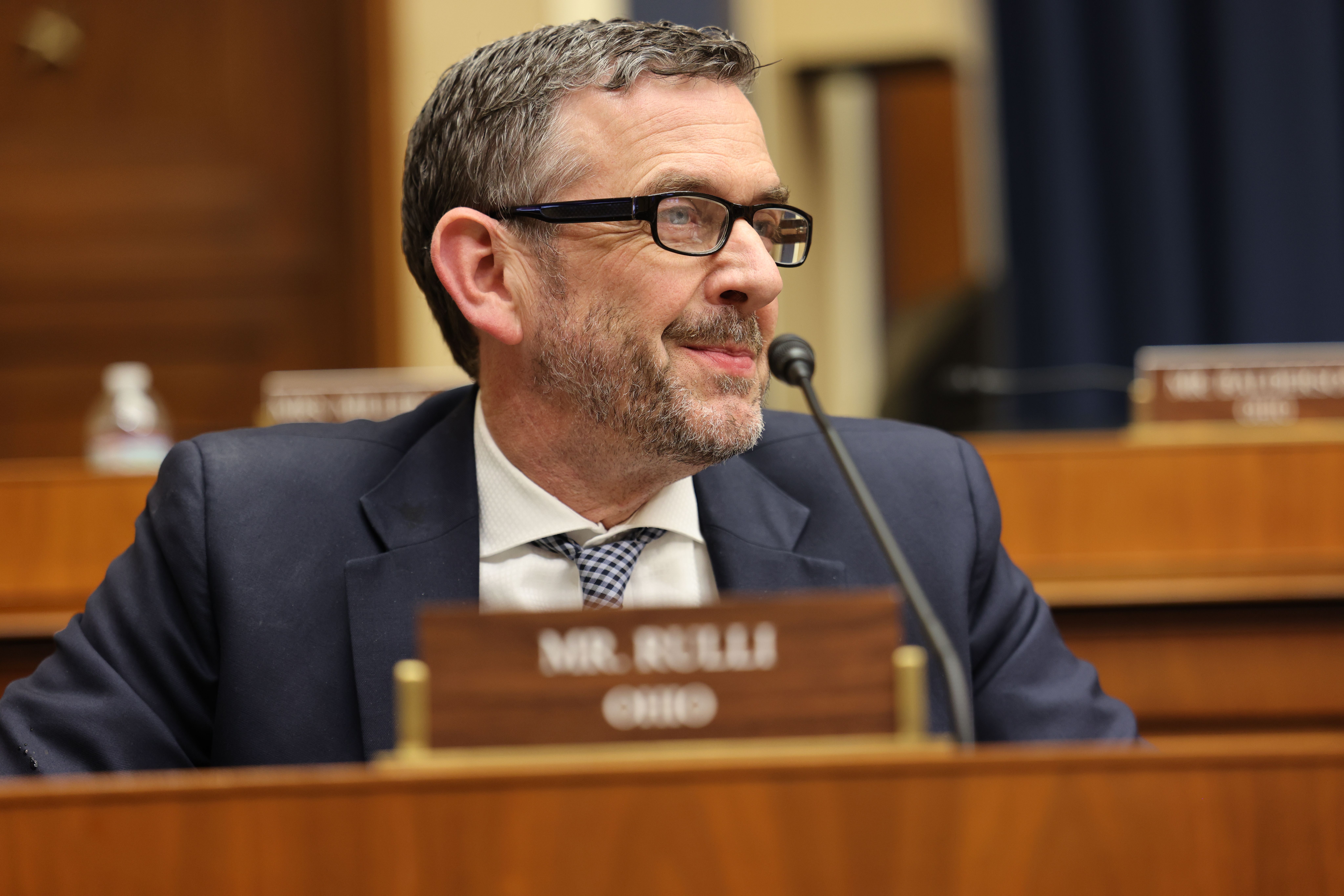Health Subcommittee Examines Prescription Drug Supply Chain to Lower Costs for American Patients
WASHINGTON, D.C. – Today, Congressman Morgan Griffith (VA-09), Chairman of the Subcommittee on Health, led a hearing titled Lowering Health Care Costs for All Americans: An Examination of the Prescription Drug Supply Chain, featuring witness testimony from representatives across the entire prescription drug supply chain.
“I’m proud of this subcommittee’s work, but there is still more to be done—which is why I was proud to continue building on our affordability series through today’s hearing with representatives across the entire prescription drug supply chain,” said Chairman Griffith. “Hearing from these witnesses on how to best navigate this complex web helps Congress make better-informed policy decisions so that we are able to meaningfully lower the cost of care for all American patients.”
Watch the full hearing here:
Below are key excerpts from today’s hearing:
Congressman Troy Balderson (OH-12): “I represent a very rural district, and not only is access to health care a problem, but access to pharmacy services is growing more challenging as well. A 2025 FTC report examined PBM pharmacy contracting practices and found that internal PBM documents suggested rural pharmacies are often forced to accept ‘take it or leave it’ reimbursement rates. Could you elaborate on the specific challenges rural pharmacies face when negotiating contracts with PBMs, and how these practices may affect access to care in rural communities?” Mr. Hoey: “‘Take it or leave it’ contracts are part and parcel of the so-called negotiations between pharmacies and PBMs. PBMs hold all the leverage. They hold the patient lives. So, if a pharmacy does not sign whatever is put in front of them—with very little negotiation—I’m sure our friends at PMA will say there’s robust negotiation, but in reality, it’s a take-it-or-leave-it contract. These pharmacies are often forced to sign contracts that pay them below their cost to acquire the drug. And yes, rural pharmacies, as well as pharmacies in underserved areas, urban areas, and suburban communities, are all taking contracts in which they are paid below cost. As a result, 5,000 pharmacies have gone out of business in the last four years alone. That’s 5,000 fewer pharmacy choices in just four years. It’s a systemic problem. In fact, pharmacy deserts—especially in your district in Ohio and across the country—are growing because of these ‘take it or leave it’ contracts.”
Congresswoman Kat Cammack (FL-03): “Three companies control the majority of drug distribution in the United States, and many are vertically integrated to control each phase of the prescription drug supply chain—from manufacturer to pharmacy. Does consolidating the prescription drug industry lower prices for patients? Yes or no?” Mr. Davis: “It has the potential to, yes.” Congresswoman Kat Cammack: “Respectfully, your own industry report projects that the ‘big three’ will generate $871 billion in revenue this year—after four straight years of double-digit growth. So, if this is potentially saving patients money, why are revenues growing so fast, and where are patients seeing the savings?”
Congressman Michael Rulli (OH-06): “President Trump recently launched TrumpRx, a revolutionary platform aimed at bringing price transparency and competition back to the drug market. My constituents tell me every day about how much they dread going to the pharmacy because they never know what price they’re going to pay at the counter; it always changes. Then, you have brand-name versus [generic]... How have your members reacted to the transparent pricing of brand-name [drugs] on TrumpRx?” Mr. Marin: “The PBM industry is all about transparency. We are enhancing it for our customers every day, particularly for employers. The bill Congress passed a couple of weeks ago takes [transparency] to another level—we’re happy with that. We support and applaud the mission of the administration’s goal with TrumpRx.”



